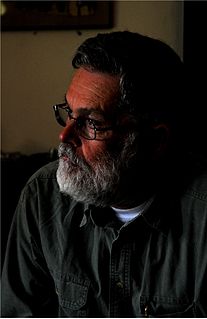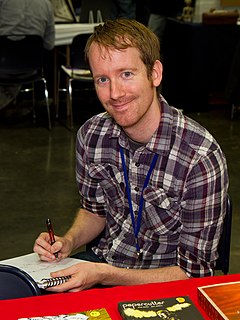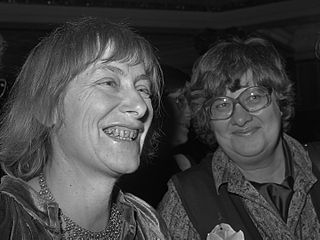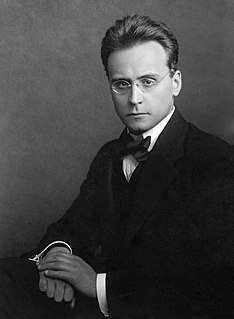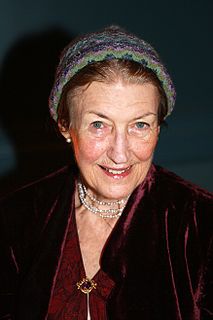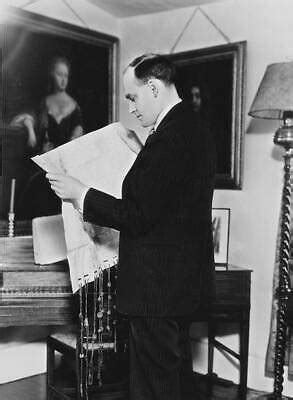A Quote by F. Scott Fitzgerald
Often I think writing is a sheer paring away of oneself leaving always something thinner, barer, more meagre.
Related Quotes
I don't think anyone is ever writing so that you can throw it away. You're always writing it to be something. Later, you decide whether it'll ever see the light of day. But at the moment of its writing, it's always meant to be something. So, to me, there's no practicing; there's only editing and publishing or not publishing.
I'm one of those writers who started off writing novels and came to writing short stories later, partly because I didn't have the right ideas, partly because I think that short stories are more difficult. I think learning to write short stories also made me attracted toward a paring down of the novel form.
Every acceptance of suffering is an acceptance of that which exists. The denial of every form of suffering can result in a flight from reality in which contact with reality becomes ever thinner, ever more fragmentary. It is impossible to remove oneself totally from suffering, unless one removes oneself from life itself, no longer enters into relationships, makes oneself invulnerable.
I have ALWAYS wanted to write - I was the seven-year old entering local library poetry contests, and I recently found my eighth-grade yearbook when we moved, and I had listed "WRITER" as my future occupation. It's always been something I've been hungry to do, but I think the more practical side of me (encouraged by the more practical sides of my parents of course) shied away from pursuing a career in creative writing, in favor of something a little "safer" like law.
I think community is a shared history, it's a shared experience. It's not always agreement. In fact, I think that often it isn't. It's the commitment, again, to stay with something - to go the duration. You can't walk away. It's like a marriage, only I think it's more difficult to divorce yourself from community than it is to a human being because the strands are interconnected and so various.
I think I was also afraid of the novel. I write line by line, proceeding at snail's pace, rewriting as I go and paring the excess away. This is against all the best advice for writing long form prose, and I have tried over the years to break myself of the habit, but I can't bear to leave anything ungainly on the page and half the fun for me is that tinkering. So the length of a novel was a daunting prospect.
One would always want to think of oneself as being on the side of love, ready to recognize it and wish it well -but, when confronted with it in others, one so often resented it, questioned its true nature, secretly dismissed the particular instance as folly or promiscuity. Was it merely jealousy, or a reluctance to admit so noble and enviable a sentiment in anyone but oneself?
These days, I feel like a chunky spy in a thinner world. Strangers tell fat jokes in front of me. Jokes not meant for me. But... completely for the woman I used to be 150 pounds ago. The woman I could be again one day. The woman I will always be inside. Because being thinner doesn't make you a different person. It just makes you thinner.


